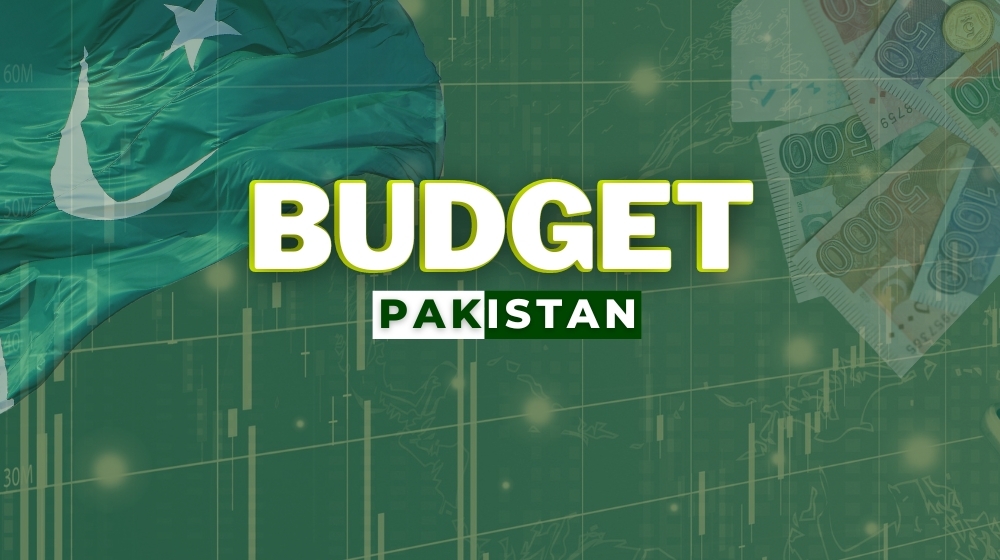
Business
Pakistan Prepares to Unveil Fiscal Year 2025 Budget Tomorrow
Pakistan coalition government is gearing up to unveil its first budget for Fiscal Year 2025 (FY25) in parliament tomorrow, promising a comprehensive fiscal strategy to address the country’s economic challenges.
Ahead of the budget presentation, key revenue measures and economic indicators have been disclosed, shedding light on the government’s financial priorities and policy direction.
ALSO EXPLORE
Lahore Court Allows Women to Retain Father’s Name on CNIC
The upcoming budget is expected to be a crucial component of the Staff Level Agreement (SLA) with the International Monetary Fund (IMF), aiming to propel Pakistan closer to formalizing the agreement.
It targets a primary surplus of Rs. 500-700 billion or 0.4-0.5 percent of the Gross Domestic Product (GDP), alongside an ambitious Federal Board of Revenue (FBR) revenue target of Rs. 11.5-12.5 trillion, marking a significant increase from the current fiscal year’s estimates.
Major revenue measures proposed include the removal of exemptions on FATA/PATA, an increase in tax rates on non-filers, the introduction of a carbon tax or hike in Petroleum Development Levy (PDL), and reforms in personal income tax.
Additionally, the budget may entail the imposition of Federal Excise Duty (FED) on nicotine pouches, e-cigarettes, and a revision of sales tax rates on various goods.
The budget’s revenue mix is expected to witness a shift towards direct taxes, with a projected 25% year-on-year growth in absolute targets.
Non-tax revenue is anticipated to play a significant role in supporting fiscal sustainability, with a target of Rs. 2.1 trillion, albeit lower than the previous fiscal year’s target.
The government aims to achieve a GDP growth target of 3.6 percent, accompanied by an inflation target of 12.5-12.7 percent.
ANOTHER STORY
Government to Impose Federal Excise Duty on Nicotine Pouches
On the expenditure side, debt servicing is estimated to rise substantially, reflecting nearly 33% year-on-year growth compared to FY24 levels.
Development expenditure, particularly the Public Sector Development Program (PSDP), is poised to receive a significant allocation, crossing Rs. 1 trillion.
However, subsidy and pension expenses are expected to increase as a percentage of GDP, posing challenges to fiscal consolidation efforts.
Despite the fiscal constraints, the budget is anticipated to provide impetus to the Pakistan Stock Exchange (PSX), with potential PE re-rating driven by the approval of a new IMF financing facility.
However, short-term market sentiment may be neutral to negative, depending on the budget’s impact on corporate earnings and investor returns.
In parallel, the National Economic Council (NEC) has approved a federal Public Sector Development Programme (PSDP) worth Rs. 1.4 trillion, signaling a renewed focus on infrastructure development and economic growth.
Proposals to impose sales tax on petroleum products and increase taxes on mobile phones aim to bolster government revenues and support fiscal consolidation efforts.
As Pakistan braces for the unveiling of its FY25 budget, all eyes are on the government’s fiscal roadmap and its implications for economic stability and growth.








